Projects
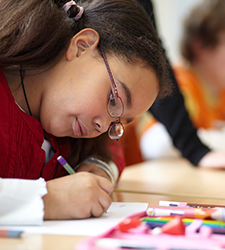
MatheMat
The MatheMat project examines learners’ actions on comparable digital and analogue materials in order to reconstruct the mathematical interpretations underlying these actions. The question is what mathematical interpretations learners make of comparable digital and analogue mathematical situations and whether differences can be observed that are caused by the material. Based on the results of the project’s analyses, recommendations will be made for the use of digital and analogue materials in mathematical learning situations.
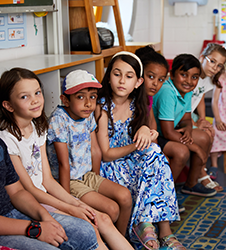
MeBis
MeBis is a project examining the handling of and attitudes towards multilingualism in children, parents and teachers in primary education settings, particularly concerning the use of several languages, for learning at home and reading out to children, but also during lessons with a particular focus on grammar and language comparisons.
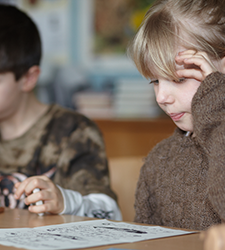
MEMO
The project MEMO analyzed verbal rehearsal-strategy development in children with and without dyslexia or dyscalculia.
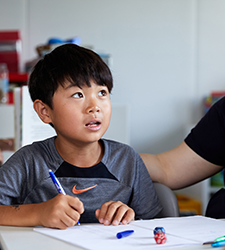
Memokid 2.0
We investigate the extent to which strategic and incidental learning might modulate the efficiency of memory consolidation of events over time. We also investigate how this process might differ between children and young adults.
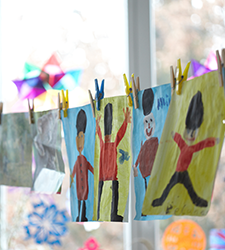
meRLe
The meRLe project explores ways to promote German reading skills using multilingual-sensitive reciprocal teaching in primary education.

MespE
MespE focuses on teachers’ attitudes towards their pupils’ migration-related multilingualism. The effects of these attitudes on teachers’ judgments and expectations will be examined, and the findings will be used to design appropriate intervention measures (professionalisation/training concepts) to initiate the associated reflection processes.
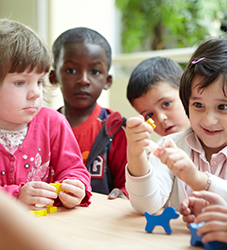
META-EF TRAIN
The project investigates the effects of metacognitive executive function training in children from low socioeconomic backgrounds with an emphasis on transfer to academic abilities. Children are recruited in Germany and the UK to ensure greater generalizability. We focus on two age groups (4-6 vs. 8-10 years) to examine whether there is a developmentally sensitive period for cognitive training interventions.
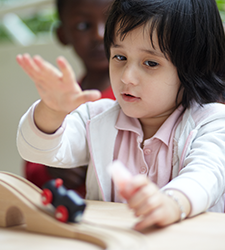
MILA
The project MILA investigated the language abilities of monolingual children acquiring German and of children acquiring German as early second language. The project aimed at describing typical development in German and at identifying characteristics of language impairment.
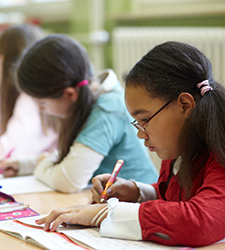
MoBiLe
The project investigates the role of language and executive functions in cognitive and academic development of elementary school children. The focus is on the comparison of monolingual and bilingual children (especially children from immigrant families), who often differ in terms of their language abilities as well as their academic achievement.
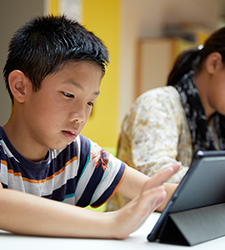
MoMoView
The aim of the project is to investigate individual differences in visual perception and memory for scenes, in particular how people of different ages remember previously viewed scenes and how gaze patterns differ between viewing and recalling scenes.